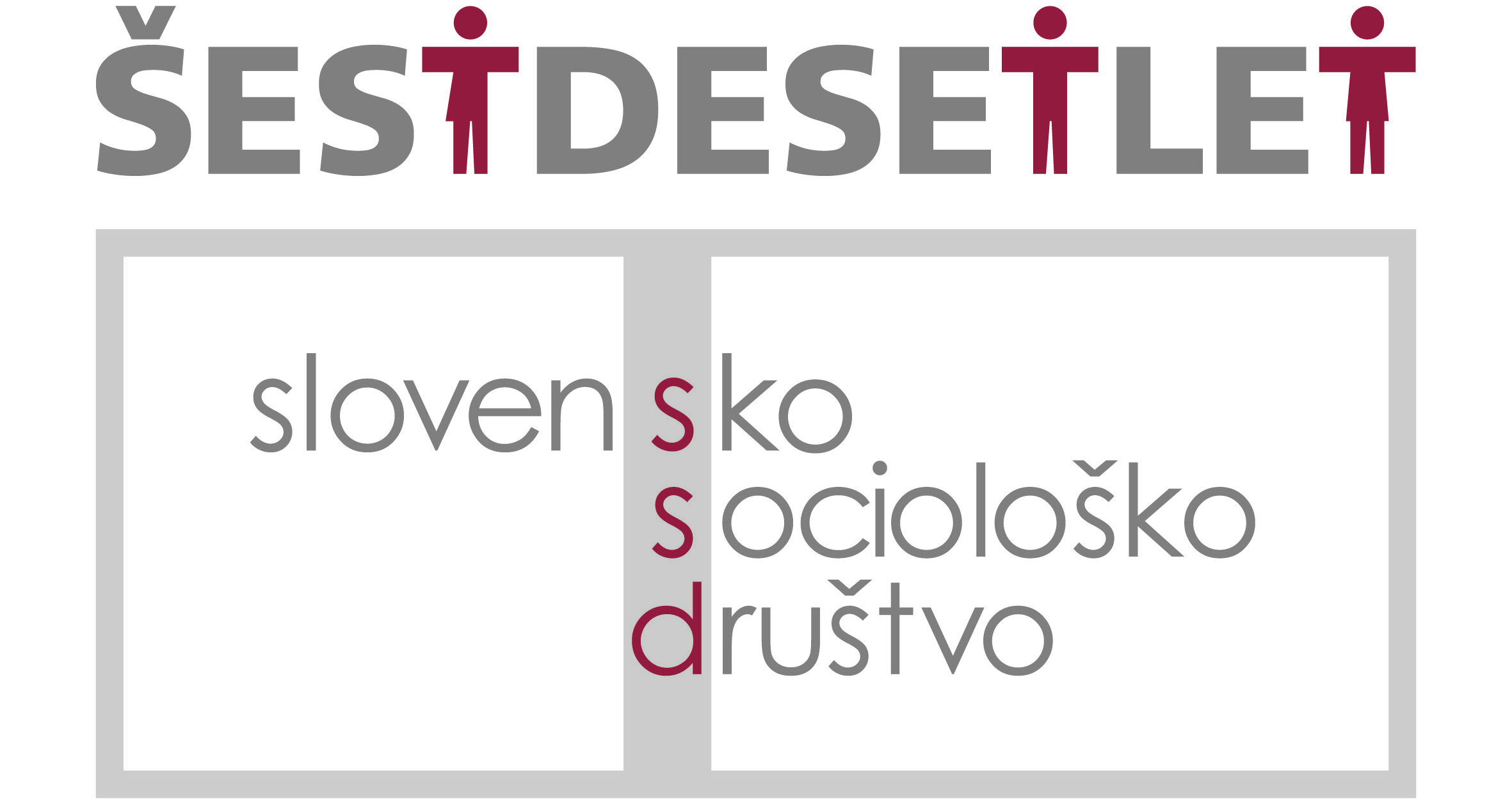Social Science Forum 100 (XXXVIII)
Media repertoires in the cross-media era: a research study among secondary and high school students
Tanja Oblak Črnič, Katja Koren Ošljak, Nika Šušterič
ABSTRACT: The article explores the relationships between young people’s media choices, technological preferences, and everyday life in connection to their cultural and social characteristics. As such, it describes the conceptual framework of the media repertoires approach and selected methods. Media repertoires are approached from a generational perspective, pointing out the conceptual and empirical challenges of such research. As one of the first attempts to conceptualise media practices at the intersection of family, educational and peer contexts, the article aims to describe the qualitative research design of an empirical study that considered a sample of 67 students aged 12 to 19. The sample is presented through an analysis of its sociodemographic characteristics, while personal media networks help identify the teenagers’ media preferences and their potential cross-connections.
KEY WORDS: media repertoires, youth, social domains, everyday life, personalmedia networks, focus groups
>> Download
Young people's media literacy formation at the intersetion of family, education and peers
Katja Koren Ošljak, Nika Šušterič, Veronika Tašner
ABSTRACT: We present an overview of media literacy definitions and related concepts and strive to consolidate them to create a comprehensive media literacy definition. Selected insights are then offered into the formation of media literacy, which we acquired as part of qualitative research into young people’s media repertoires. First, we summarise a brief history of literacy and its social function, allowing us to understand the phenomenon and role of new literacies. We next outline existing definitions of media literacy, which we critically position in the context of their origin. We continue by briefly presenting educational policies and media literacy and conclude with insights into the contexts of youth media literacy, focusing on their media experiences and incentives within families, education,
and among peers.
KEY WORDS: Media literacy, media repertoires, digital capital, education, qualitative researches
>> Download
Reading in the new polymedia environment and (new) forms of generational subjectivation
Breda Luthar, Maruša Pušnik, Dejan Jontes
ABSTRACT: Through the perspective of the concept of generations and generationally specific digital sociality, the paper analyses the transformation of reading as a practice and as an experience. Based on analysis of interviews with teenagers, it is argued that in today’s polymedia environment users are constantly shifting
between platforms and live in constant anticipation of something new, being permanently occupied, and constant affective engagement represent a condition for an algorithmically produced regime of visibility that normalises the distracted multitasking they engage in. In the context of constant digital work, there remains
little space for practices beyond social platforms. The authors argue that in the young interviewees’ perception book reading does not hold the status of a cultural
authority and that the role played by reading in distributing cultural capitalhas been reshaped.
KEY WORDS: polymedia, youth, reading, social media, generational subjectivity
>> Download
"Whenever we are driving in the car, the radio must be on": young people's radio and audio practices in everyday life
Tina Lengar Verovnik, Tanja Oblak Črnič
ABSTRACT:This paper focuses on understanding radio in the everyday life of young people: the role it plays in the context of their family life; how it is positioned relative to music; which novelties in the listening and selection of audio content do they practise. We rely on data from qualitative research performed in the project Media repertoires among youth, which included semi-structured group interviews with 67 young people aged 12–19 years. The radio is not listened to on their own
initiative or individually, but with their parents; most often while they are driving around in the car. Their everyday life is most notably marked by music, which they
primarily associate with listening on demand and at their own choice, through digital devices. These media choices are complemented by podcasts, especially
among high school students.
KEY WORDS: radio and audio practices, youth, everyday life, qualitative research, focus groups
>> Download
Audeinces of Slovenian folk-pop music: A cultural-studies perspective
Peter Stanković, Robert Bobnič
ABSTRACT: Slovenian folk pop is one of the most under-researched music genres in Slovenia. To learn more about it, we conducted research about the demographics of those who listen to it. The results show that this genre is popular principally among older, less-educated, religious, politically right-leaning people in the countryside, while it is also listened to by other segments of society, albeit to a smaller degree. We also found that there is no significant correlation between listening to folk pop and economic class and gender. This suggests that Slovenian society is stratified into various cultural formations, primarily with respect to education, religiosity, age, political affiliations and place of residence rather than economic class.
KEY WORDS: Slovenian folk pop, audiences, demography, taste, class
>> Download
Book Reviews
Deja Crnović: Politika kot medijski performans. Ljubljana: ZRC SAZU, 2021. Jernej Kaluža
Gal Kirn: Partizanski protiarhiv: o umetniških in spominskih prelomih jugoslovanskega NOB. Ljubljana: Maska: 2022. Karla Tepež
Nina Vodopivec: Tu se ne bo nikoli več šivalo: doživlkjanje izgube dela in propada tovarne. Ljubljana: Inštitut za novejšo zgodovino, 2021. Darja Zaviršek.
